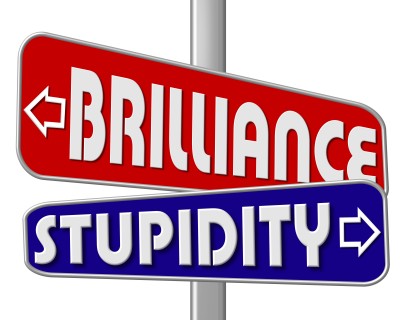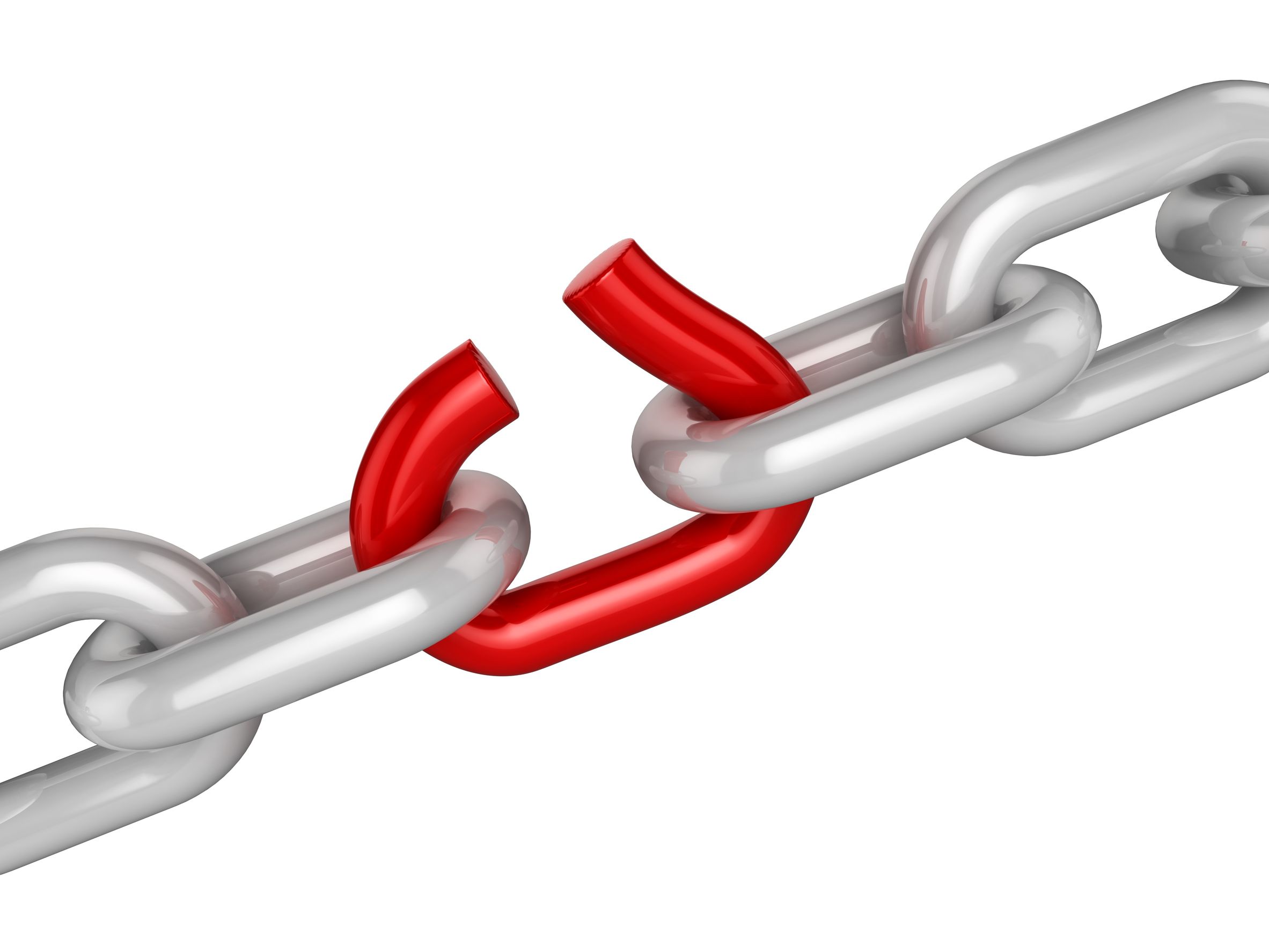How To Avoid Being Considered The Lazy Candidate
When I was recruiting, I always asked potential candidates if they were familiar with the company during my screening call.
The smart ones said, yes and went on to tell me what they knew.
The lazy ones said no.
Not a good sign.
When you’re competing for a job, one of the things many employers will ask is “why do you want to work here?”
If you don’t know anything about the company what can you say?
One of the keys to being successful during job interviews is to research companies in advance and prepare a few responses to questions like “what do you know about us?” and “how did you find this job?” and, the inevitable, “why do you want to work here?”
Imagine you’re interviewing with Amazon.
Since the company is a household name and you’ve probably shopped with them often, you might think you know a lot about the company. You might not bother to do your research.
Here’s why that would be a mistake on your part.
Job Interviews Aren’t All About You
Don’t get ahead of yourself in a job interview. Ask questions, yes. But don’t make it all about you.
In some respects, an initial job interview is like a first date. Each person wants to get to know the one a bit. Does she have a sense of humor? Does he share your love of football? Or maybe your enthusiasm for bird watching?
You’re in the learning about each other stage.
The conversation ebbs and flows, with questions on both sides.
You’re not asking how much the other person makes or if her parents are divorced. It’s way too early in the relationship for questions like that.
The same principles apply to the interview process.
9 Easily Avoidable Interview Blunders
There is no shortage of articles “how to succeed” in job interviews. You can find advice on how to answer tough questions, suggestions on what to wear and everything else in between. But, sometimes looking at other people’s mistakes can be an even better lesson.
With this in mind, I asked recruiters and hiring managers to send me some “Interview Bloopers” things that made them stop and say “I can’t believe that he or she just did that!” Having worked in the career field for over a decade I’ve heard a lot of stories about inappropriate behavior by candidates. But, some of the submissions, including one candidate’s obsession with reality TV, shocked even me.
While some of these stories may make you chuckle, they should also serve as cautionary tales.
4 Ways To Get Called Back After A Job Interview
You know achievement-based resumes get much better results than boring lists of responsibilities and job duties. However, a strong resume can only help get you in the door. Then it’s up to you.
During the interview, it’s up to you to sell yourself to the employer. You need to convince the interviewer to invite you back for the next round. And eventually to hire you.
If you want to make it to the next round of interviews, it’s essential to be prepared, stay in the moment, and treat everyone with respect. Here are 4 things to remember.
Selling Yourself To A Potential Employer
In many ways, a job interview is akin to a salesperson presenting to a buyer. First, if you were in sales you would spent some time researching your potential client. Next, you would analyze their needs a sales person and were about to sell a product to a customer you would do some homework or research
These steps would help you convince potential clients that your product was the best choice to so that you could convince your customers that you had the best product to fill their needs.
3 Ways To Talk About Your Greatest Weakness (Or Biggest Failure)
Looking for a job is a job. You need to prepare your resume. You need to fill out your incomplete LinkedIn profile. The one that’s been inactive for years. You need to develop a job-search plan.
While each of those can be intimidating, there’s nothing more nerve-racking than going on a job interview. The best way to calm those nerves is to prepare questions to the most commonly asked questions in advance.
It’s not difficult to prepare responses for “tell me about yourself” or “why should we hire you?” Most people are uncertain what to say when asked about their greatest weakness or greatest failure.
15 Tips To Help You Succeed In Your Next Job Interview
Job interviews are nerve-racking to say the least. In many cases, this is the first “personal” connection you’ll have with someone at the company.
Your resume got you in the door. Now it’s up to you to show them your best self.
Here are 15 tips to help you make the most of your next job interview. You’ll notice that half of them involve planning in advance.
Before the Interview
- Plan more than enough time to get to in-person job interviews. Visit the location a day or two in advance to eliminate surprises.
- Use a landline whenever possible during phone interviews. If you must use your cell test the connection before your scheduled interview.
- If you are taking a phone interview at your office find a quiet, out-of-the-way place. Avoid the rest room, hallway, or stairs where someone from your office is likely to see you.
- Research the company in advance. Read through their website, it may give you come insight into the company culture.
- Review the company’s social media presence. What do they post? If there any interaction or just automatic posting?
- Research the people you’ll be interviewing with in advance. Many organizations have information on staff members. Take the time to look them up on LinkedIn too.
- Prepare answers to the most commonly asked interview questions like “Tell me about yourself” and “Tell me about a time when you made a mistake” and “What is your greatest weakness?”
- Have a few questions ready for when the interviewer asks “Do you have any questions?” The advance research you’ve done will help with this.
During the Interview
10 Interview Mistakes That Can Cost You The Job
Candidates are, understandably, disappointed when they’re not called back after a job interview. Even if the job wasn’t so great or the boss seemed a bit of a micromanager, they still want to get that second or third interview.
A common candidate complaint is that they don’t get any feedback.
Recruiters are sometimes not forthcoming and HR can be cagy when it comes to telling people why they didn’t get the job.
This happens for a lot of reasons. Sometimes recruiters don’t get anything more than the candidate wasn’t a “good fit.” HR may not provide feedback because of legal concerns. Besides that, everyone is busy.
That’s one of the reason’s CareerBuilder surveys are so valuable. They provide feedback straight from the employer’s mouth.
10 Questions To Ask During An Informational Interview
Lots of jobs sound great. You may think you know what a position entails by reading a job description on sites like the Occupational Outlook Handbook or advertisements for open positions on job boards or company sites.
Truth is, you probably don’t.
For years I wanted to be a writer. I went to school nights and worked days pursuing my dream. When I graduated I found a job as an assistant editor of a national four-color trade magazine. I was in heaven.
Turns out, I did get to do a lot of writing. I worked for a boss who was also a mentor. She taught me how to be a professional writer. I got to do cool things like work with the photographer during shoots for the magazine cover. I also got to type the shipping labels for the products when it came time to return them to the manufacturers. One at a time. On a typewriter.
While I loved that job, it was hardly as glamorous as I thought it would be. You may find that about your dream job too.
How To Make A Great Impression During A Phone Or Skype Interview
The goal of every job seeker is to get in front of a potential employer. To have the opportunity to sit down and sell yourself to the hiring manager. However, you’re probably going to have to navigate two to three virtual interviews before you’re invited in for a face-to-face.
Today the interview process usually begins with a 20 to 30 minute phone screening either with a third-party recruiter or a human resources associate. The goal is to learn more about you.
Until the first “meeting” you’re just another resume and/or LinkedIn profile.









